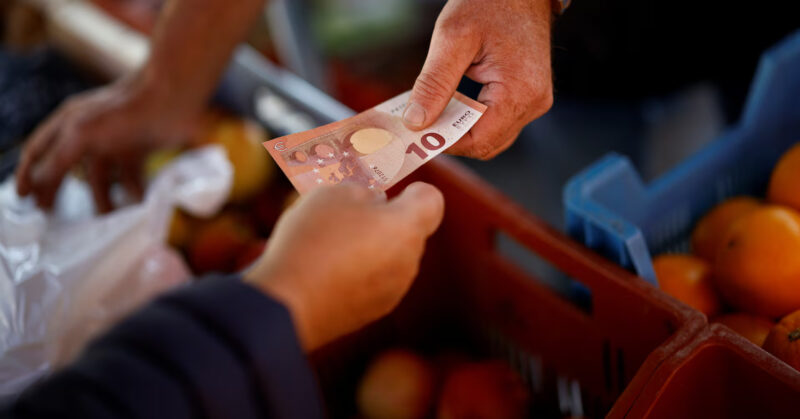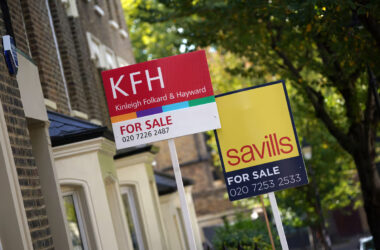French inflation saw a notable increase in January, largely driven by rising service prices. Energy and manufacturing product prices also contributed to the surge, with France continuing to face significant political instability.
The annual inflation rate for January rose to 1.7%, surpassing market predictions of 1.4% and exceeding December’s figure of 1.3%, according to official data from INSEE.
The primary driver of this increase was the rise in service prices, which were up 2.5% compared to the same month last year and 2.2% higher than in December. Energy prices also saw a significant jump, rising 2.7% in January, up from 1.2% in December.
There was also a rebound in manufactured goods prices, while food prices remained mostly stable. However, tobacco price hikes slowed in January.
On a month-to-month basis, inflation rose by 0.2% in January, matching the increase seen in December, largely due to the climb in service prices. Energy prices also saw an uptick, rising 1.6% month-on-month in January, up from 0.7% in December, with petroleum and gas prices playing a major role. Additionally, food prices edged up by 0.3%, following a 0.1% decline in December, and tobacco prices also saw an increase. On the other hand, prices for manufactured goods dropped, mainly due to winter sales.
Despite these price hikes, France remains deeply affected by ongoing political and economic challenges. The country is grappling with political upheaval following the collapse of the government in a no-confidence vote in December 2024.
Kyle Chapman, an FX markets analyst at Ballinger Group, commented:
“The jump in French headline CPI in January primarily came down to the more volatile components of the index, including food and energy. The core measure was relatively steady and sits well below the 2% target, as it has done for some time. For the ECB, cooler and less inflationary economies like France are less concerning than the likes of Germany and Spain.”




